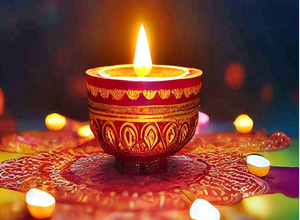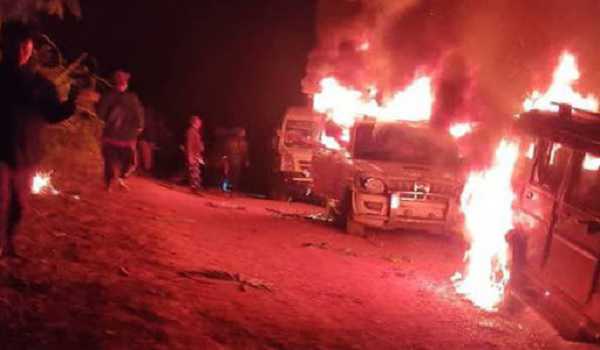
Mobilenews24x7 Bureau
It has grown to be a million dollar question as what the rights of the fourth pillar? Who would determine that. Do they have a canopy of protection over the head. Besides the verbal abuse in print, online and physical assault, a journalist faces many unpredictable swords hanging over.
What do the legal provisions in place for the safety of a journalist?
Out of myriad concerns a handful of concerns that Committee to Protect Journalists (CPJ), in collaboration with TrustLaw, the Thomson Reuters Foundation’s global pro bono service, aims to answer through its new report.
While the report launched on Saturday, 25 February, is no substitute for proper legal advice, its purpose is for information.
Reading into the CPJ site it shows that, it “provides guidance to equip scribes with a working understanding of the remedies and protection measures that are available under Indian law.”
Many of us are, perhaps, unaware of about such rights but it is understood that:
- The right to free speech is a fundamental right available to all citizens of India. This includes the freedom of press, freedom of publication, circulation, and rights against pre-censorship.
• This means that you can voice criticism of the government or the country.
• However, this freedom is not unlimited, and your speech may be restricted if it disrupts public order, incites the commission of an offence, or threatens national security.
- Check if there is a warrant to arrest you and search or seizure of any belongings or articles through a raid- this includes access to electronic devices. Consult your lawyer if you are being compelled to disclose any such evidence.
- At the time of arrest, the police must inform you of the legal provisions of the arrest and your right to bail. A warrant is required for non-cognizable offences which are usually bailable, while it is not required for cognizable offences which are non-bailable (refer to Schedule I of the Code of Criminal Procedure).
- If arrested, you can seek bail and inform your friends and family.
- It is your fundamental right to appoint a lawyer of your choice and have him/her present during your interrogation.
- In case you do not have access to a lawyer, you may avail the free legal aid provided by respective Legal Services Authorities at the national, state or district level.
- You have the right to remain silent during an interrogation if you believe that answering a question may incriminate you.
- While making an arrest, the police officer must prepare a “memorandum of arrest” that is countersigned by you and a relative/neighbour of yours.
- Further, the police officer must provide details of your whereabouts to a person nominated by you and record the same.
- Women can only be arrested by male officers during the day; a woman police officer must be present if you are being arrested before sunrise or after sunset.
- You can seek bail in anticipation of your arrest, even if a complaint has not been filed against you.






